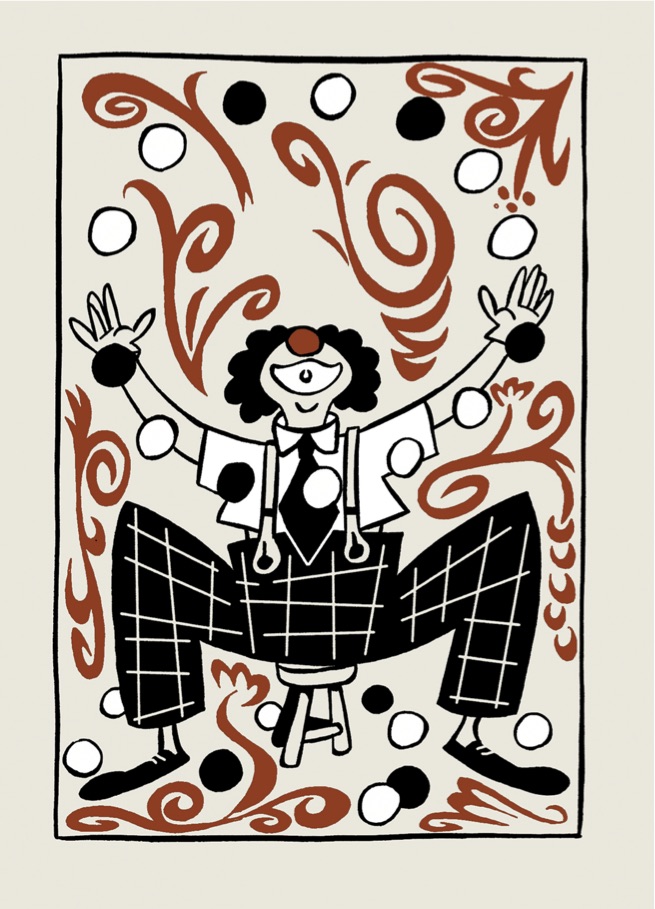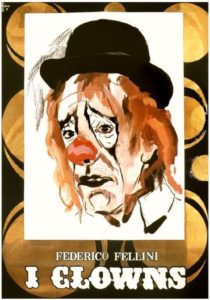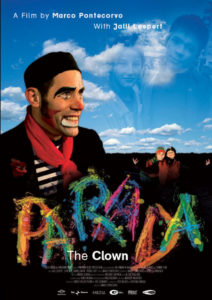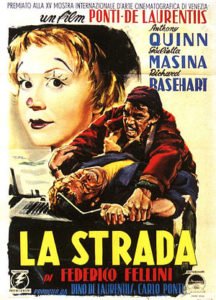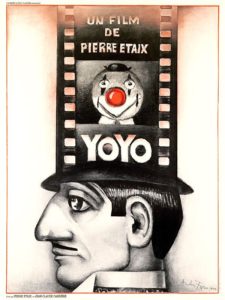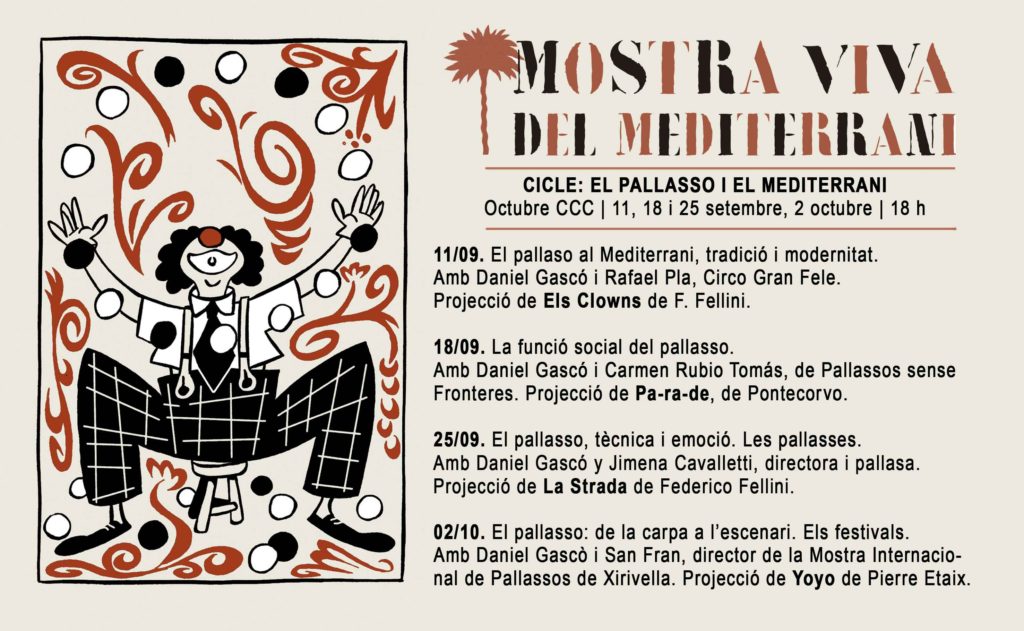
Cycle of debates around the Clown and the Mediterranean.
The figure of the clown is universal and common to all cultures. In the Mediterranean it has a long tradition that dates back to antiquity (already in ancient Egypt the clown was present in multitudinous acts). Drinking from many sources, including the Comedia dell’arte, it is taken up by the Vanguards, fascinating poets, dramatists and painters, keeping its roots in the most popular tradition. In each culture it has a nickname, a particular semblance, but its essence is the same. All Mediterranean cultures have their clown, live in the oral tradition and the circus. The cinema is living proof of it.
In this cycle of debates we intend to approach the reality of the Clown from different perspectives: from the clown’s transition from the traditional circus in the marquee to the present in the expanded stage, through the presence of the clowns, its solidary, humanistic and therapeutic side and the exhibition places.
The Clown in the Mediterranean, tradition and modernity, with Rafael Pla of the Circo Gran Fele and the screening of the film The Clowns, by F Fellini, Italy 1970, in homage to the clowns heirs of the Comedia dell’Arte.
The social function of the clown, as a tool for social and therapeutic inclusion. With Carmen Rubio Tomás, and the projection of Pa-ra.da, by Marco Pontecorvo, Italy 2008, which reflects the gestation and development of a social circus project in Bucharest.
The clown, technique and emotion. Female clowns. The irruption of women in the clown universe. With Jimena Cavalletti and the screening of La Strada by Federico Fellini, Italy 1954.
The Clown, from the circus marquee to the stage, the festivals, the exhibition places beyond the circus marquee, with Vicente González San Francisco «San Fran», cutural manager and director of the Mostra de Pallassos de Xirivella and the projection of the film Yoyo, by Pierre Etaix.
Programs and moderates the cycle: María Colomer.

